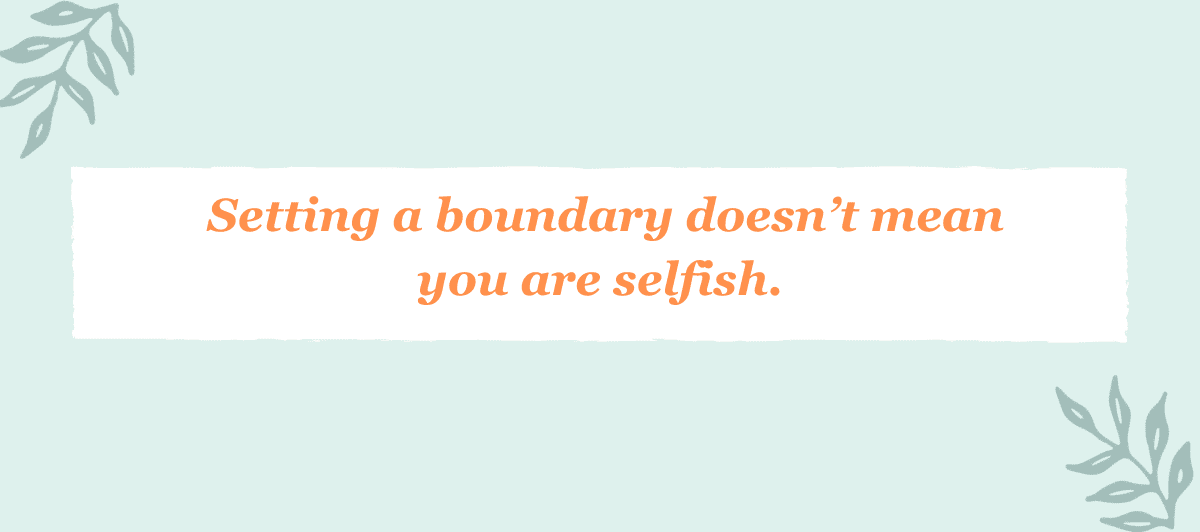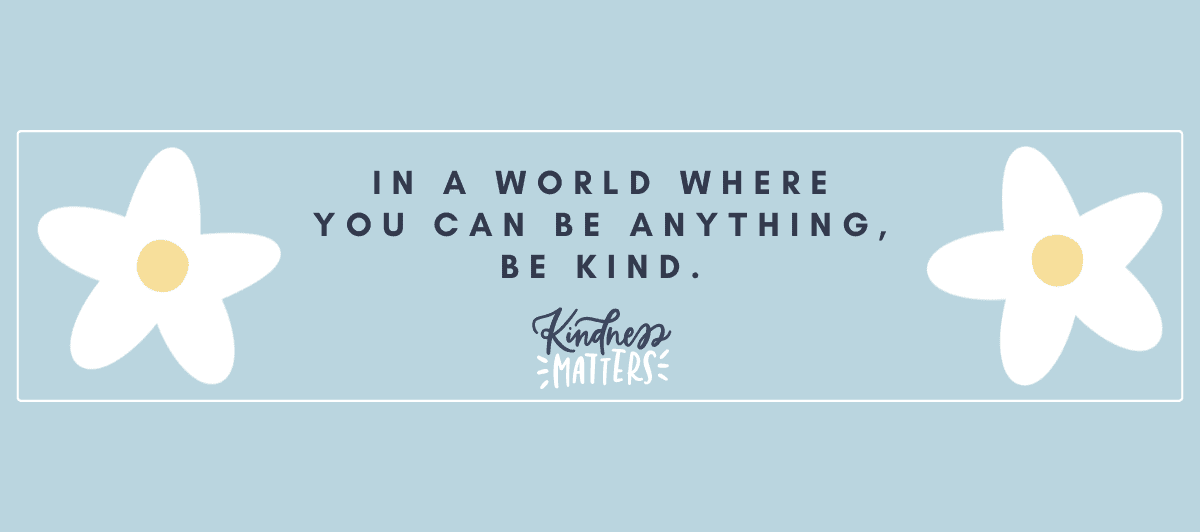
More Than Just Trophies
In my last newsletter, I wrote about celebrating small wins for adults – those little moments that make life feel lighter, more meaningful, and remind us we’re making progress.
I began to wonder how kids see wins in their own lives, so I asked my son about small wins. He looked at me and said, “I don’t know what you mean.”
I decided to try a different question: “What’s a big win?”
At first, he said, “Winning a hockey tournament.” Then, after a pause, he changed his answer: “Having fun.”
That made me realize – this is exactly why the benefits of play for kids are so important.
For kids, it’s freedom, curiosity, and connection. It’s laughter with friends, trying new skills, and discovering what excites them. It’s the courage to stumble, get back up, and try again without fear of failure. These moments help them manage their emotions and take a break from life’s pressures, giving them space to recharge.
When children are fully engaged in what they love, they experience the benefits of play for kids firsthand – building confidence, resilience, and a sense of belonging. Joy, curiosity, and playfulness shape their character, friendships, and how they see the world.
This is what I know: Next time you see kids laughing, playing, or absorbed in what they love, remember – these aren’t just playtime moments. They’re opportunities to learn, grow, and thrive. These are the big wins that don’t come with trophies.
Until next time…





